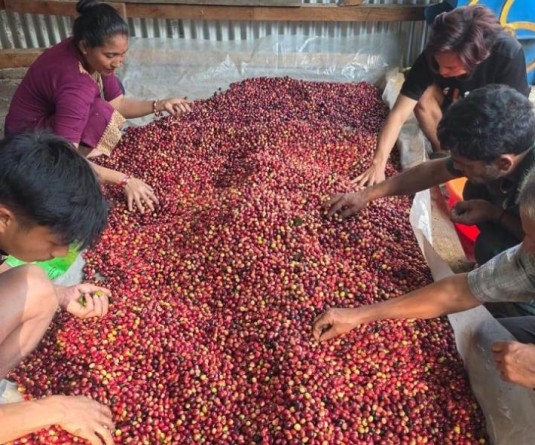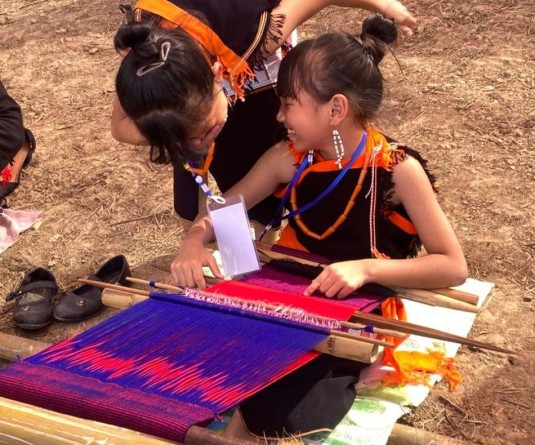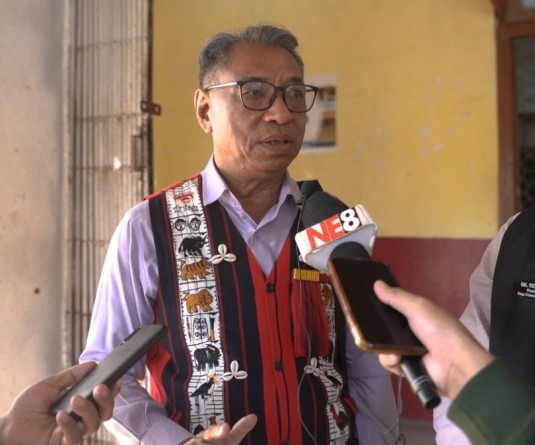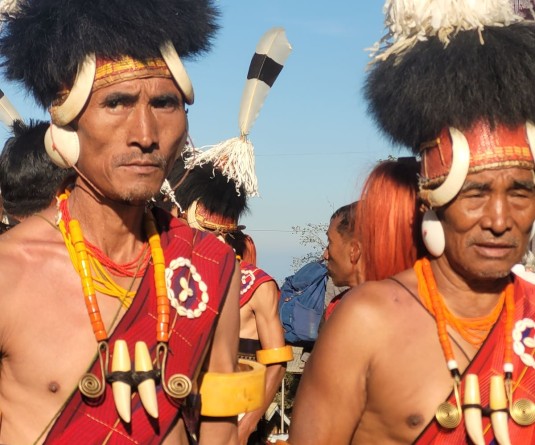
DIMAPUR, AUGUST 5 (MExN): The Dimasa Naiso Hosom (DNH) today raised “profound concern and unequivocal objection” to what it termed “unauthorised ritual activities” by individuals reportedly affiliated with the Bodo community at the Rajbari archaeological site in Dimapur.
As per the DNH, the traditional rituals and puja at the archaeological and cultural heritage site of Rajbari, Dimapur, were performed without prior consultation, approval, or consent from the Dimasa community, who are the rightful cultural and historical custodians of the site.
“Rajbari is not merely a site of historical interest; it is a sacred ancestral landmark deeply embedded in the legacy of the Dimasa Kingdom. It holds irreplaceable cultural, spiritual, and historical significance for the Dimasa people—indigenous descendants of Bhima’s son, Ghatotkacha—and serves as a living testament to their rich heritage,” it stated.
“Conducting any religious, ritualistic, or cultural activities at Rajbari without the knowledge, involvement, or consent of the Dimasa community constitutes a serious act of cultural insensitivity and historical disregard,” the DNH added.
It further asserted that such actions not only violate the sentiments of the Dimasa people but also undermine the rightful traditions and historical truths associated with the revered site.
In this connection, the DNH demanded a formal public apology from those responsible for the ‘unauthorised’ acts. A press statement from its Organising Secretary, Nunison Nunisa, also urged relevant cultural, archaeological, and administrative authorities to intervene and prevent the recurrence of such incidents.
Further, the organisation pressed for Rajbari to be officially declared and protected as a sacred heritage site of the Dimasa Kingdom, ensuring that any future engagements at the site are undertaken with prior consultation with the Dimasa community.
The DNH appealed to all communities to approach indigenous heritage sites with cultural sensitivity, historical awareness, and mutual respect. It emphasised that preserving ancestral legacies requires collective responsibility and lawful collaboration.






